Find EcoFriendly Solutions: Where Can I Recycle LED Light Bulbs?
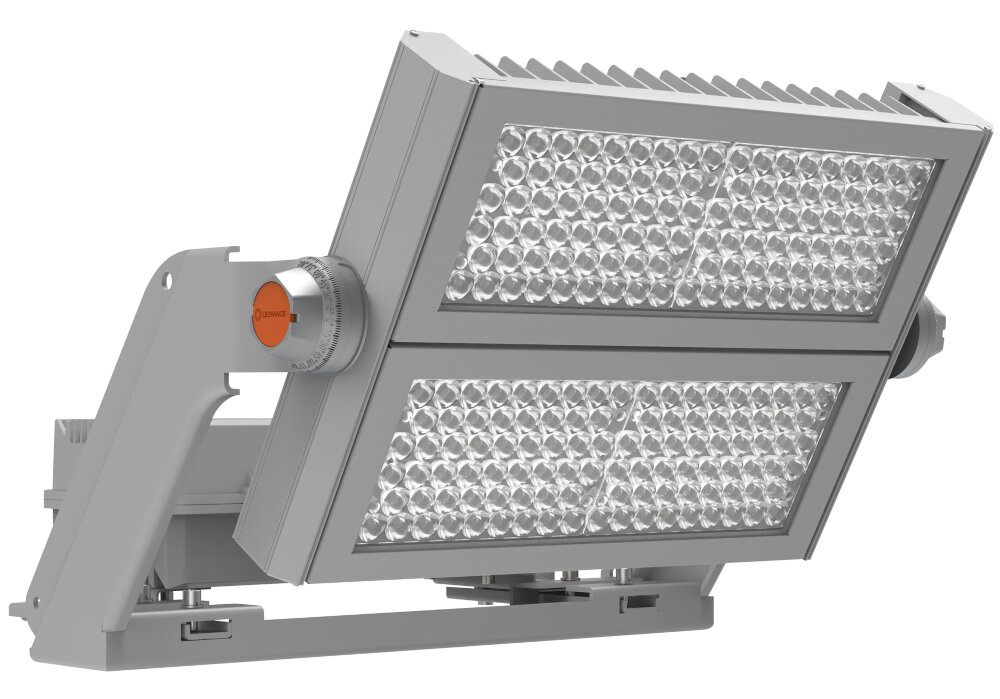
As we become more aware of our impact on the environment, eco-friendliness has become a priority for many of us. One of the most important ways to reduce our carbon footprint is to recycle. LED light bulbs are an excellent example of a product that can be recycled to reduce waste and preserve the environment. However, many people are unaware of where to recycle LED light bulbs properly. If you’re looking for an eco-friendly solution for disposing of your LED light bulbs, you’re in the right place. In this article, we’ll explore the different options available to you for recycling LED light bulbs. We’ll take a closer look at the importance of recycling these bulbs, and how they can be repurposed to help reduce waste in landfills. Whether you’re a homeowner, a business owner, or simply someone interested in protecting the environment, this guide will help you find the best solution for recycling your LED light bulbs.
LED light bulbs are highly efficient lighting solutions that have become increasingly popular in recent years. Unlike traditional incandescent bulbs, LED bulbs use far less energy, which translates to significant cost savings over time. In addition to their energy efficiency, LED bulbs also have a longer lifespan, lasting up to 25 times longer than incandescent bulbs. This makes them a more sustainable choice, as they reduce the amount of waste created by frequent bulb replacements. LED bulbs are also versatile, available in a wide range of colors and styles to suit any lighting needs. Overall, the benefits of LED bulbs make them an excellent choice for those looking to reduce their environmental impact while also saving money on energy costs.
Recycling LED light bulbs is crucial for minimizing environmental impact and conserving resources. LED bulbs are much more energy-efficient than traditional bulbs, and they also contain a variety of valuable materials, such as aluminum and rare earth metals. By recycling these bulbs, we can recover these materials and reduce the need for mining and manufacturing new ones. Additionally, LED bulbs often contain small amounts of hazardous materials, such as lead and mercury, that can be harmful if not disposed of properly. Recycling not only reduces the risk of these toxins being released into the environment but also prevents them from ending up in landfills, where they can contaminate the soil and groundwater. Overall, recycling LED light bulbs is a crucial step in promoting sustainability and protecting our planet.
Why Should You Recycle LED Light Bulbs?
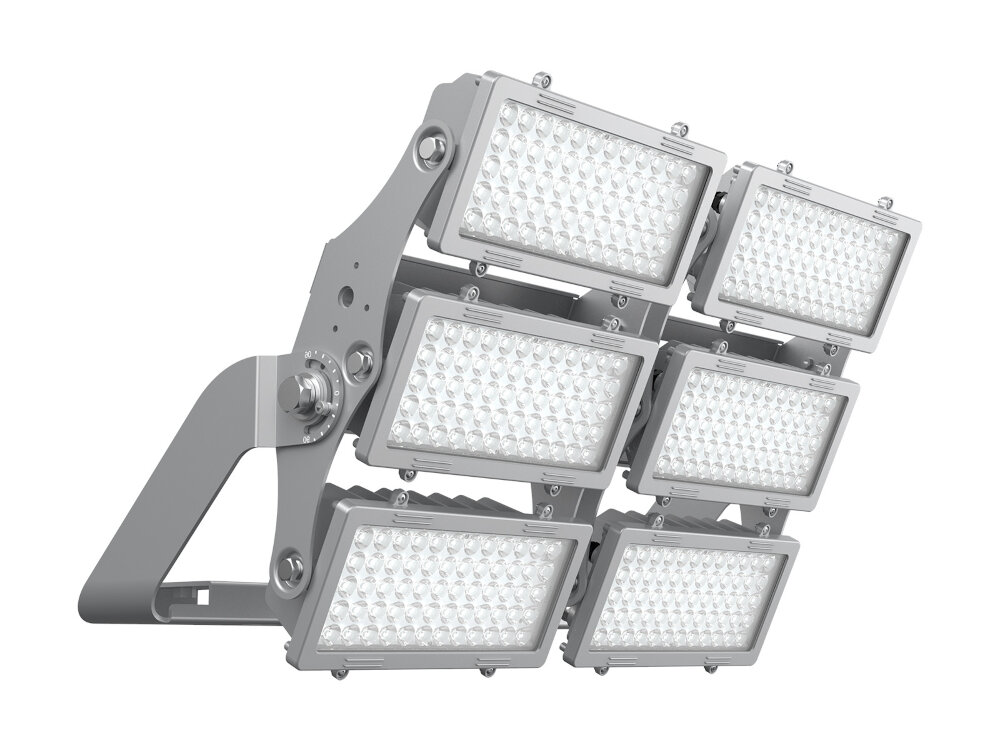
Recycling LED light bulbs is a vital aspect of living a sustainable and eco-friendly lifestyle. These bulbs are not only energy-efficient but also last longer than traditional light bulbs. However, they can be harmful to the environment if not disposed of properly. When LED bulbs are thrown away, they end up in landfills where they release toxic chemicals such as lead and mercury into the soil and air. These chemicals can have adverse effects on wildlife, water sources, and human health. By recycling LED light bulbs, you can prevent these harmful chemicals from polluting the environment and ensure that they are disposed of correctly. Moreover, recycling LED light bulbs can help conserve natural resources. LED bulbs contain materials such as glass, plastic, and metal that can be reused to create new products. By recycling these materials, we reduce the need for the extraction and production of new raw materials, which can be energy-intensive and polluting. Recycling LED bulbs also reduces the amount of waste that ends up in landfills, which can take hundreds of years to decompose. By taking the extra step to recycle your LED light bulbs, you can reduce your carbon footprint and contribute to a cleaner and healthier planet for future generations.
LED light bulbs are considered to be more environmentally friendly than traditional incandescent bulbs due to their energy efficiency and longer lifespan. However, they still have some impact on the environment. LED bulbs contain small amounts of hazardous materials, such as lead and arsenic, which can be harmful if not disposed of properly. Additionally, the manufacturing process of LED bulbs can produce greenhouse gas emissions and contribute to pollution. Despite these impacts, the overall environmental benefits of using LED bulbs far outweigh the negatives, and proper disposal and recycling can minimize their impact on the environment.
Proper disposal methods are crucial to protect the environment from harmful waste. When it comes to LED light bulbs, it’s important to recycle them since they contain hazardous materials such as mercury and lead. Many cities have established recycling programs that allow residents to dispose of their LED bulbs safely. These programs often provide drop-off locations or curbside pick-up services. Additionally, some retailers offer take-back programs where customers can return their old LED bulbs for recycling. Proper disposal methods not only protect the environment but also conserve valuable resources by recovering materials that can be used in the production of new products.
Where Can You Recycle LED Light Bulbs?
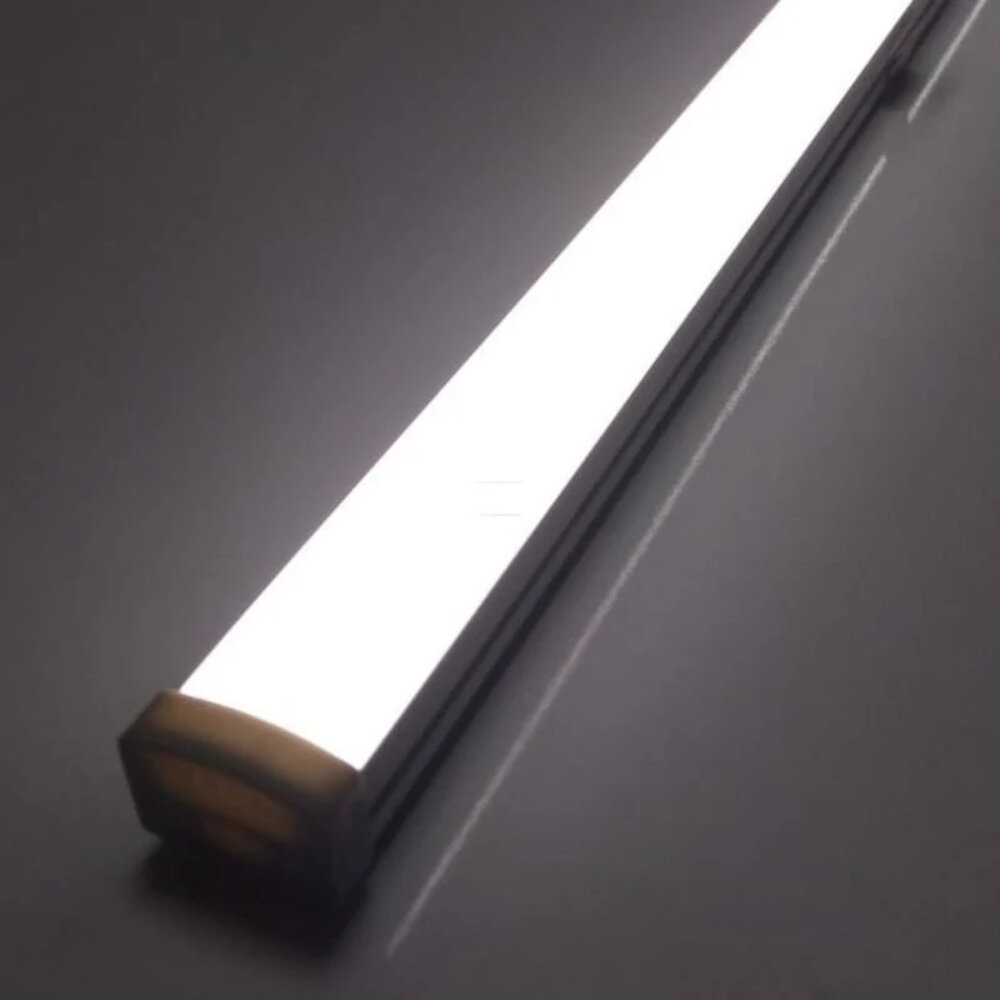
As LED light bulbs have become more popular, the need for proper recycling methods has also increased. Fortunately, many options are available for those looking to recycle their LED light bulbs. One straightforward option is to take them to a local recycling center. Many municipalities have recycling centers that accept all types of light bulbs, including LEDs. Some hardware stores and electronics retailers may also offer recycling programs for LED light bulbs, so it’s worth checking with your local store to see if they have an option available. Another option is to participate in a mail-in recycling program. Many companies offer this service, where you can ship your used LED light bulbs to them for proper disposal. Some companies even offer incentives for participating in their recycling program, such as discounts on future purchases or free shipping. Before choosing a mail-in recycling program, be sure to research the company to ensure that they are reputable and follow proper recycling practices. By recycling your LED light bulbs, you can help reduce waste and protect the environment.
Local recycling centers and programs are essential for sustainable waste management practices. These facilities provide a reliable and convenient way for individuals and businesses to dispose of their recyclable materials, including LED light bulbs. Many local recycling programs offer curbside pickup, making it easy for residents to recycle their bulbs without leaving their homes. Additionally, some centers may offer drop-off locations where individuals can bring their bulbs and other recyclables directly. By utilizing these programs, individuals can help reduce the amount of waste that ends up in landfills and promote a cleaner, healthier environment.
Manufacturer takeback programs are a crucial component of sustainable waste management initiatives, enabling companies to take responsibility for the environmental impact of their products. These programs allow consumers to return used items to the manufacturer for proper disposal or recycling, thereby reducing the amount of waste that ends up in landfills. With the rise in popularity of LED light bulbs, it is important for manufacturers to implement takeback programs to ensure that these energy-efficient bulbs are disposed of in an environmentally friendly manner. By participating in these programs, consumers can make a significant impact on reducing their carbon footprint and promoting sustainable practices.
Online recycling options are becoming increasingly popular for those looking to dispose of LED light bulbs in an eco-friendly manner. Many companies offer online recycling services, allowing users to easily locate drop-off locations or even schedule a pickup. Additionally, there are websites that provide information on recycling centers and programs in different regions. These options not only make it convenient for individuals to recycle their LED light bulbs but also ensure that they are properly disposed of, reducing the negative impact on the environment. It is important to take advantage of these online recycling options to make a positive impact on the planet and create a more sustainable future.
How to Prepare LED Light Bulbs for Recycling
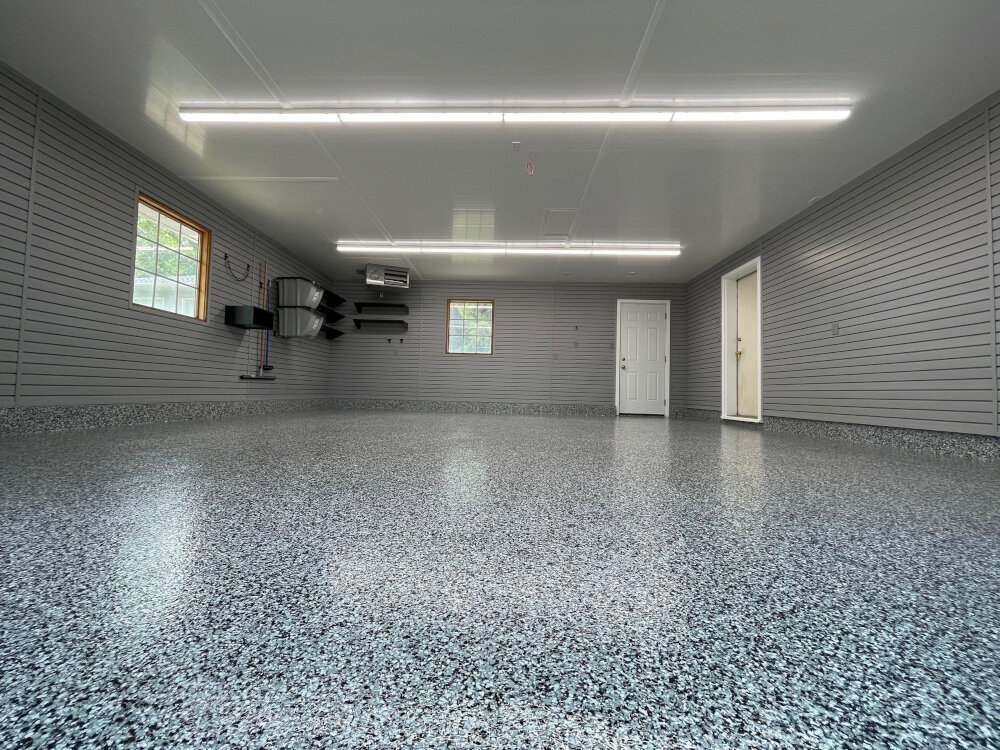
When it comes to disposing of LED light bulbs, it is important to take the necessary steps to ensure that they are properly recycled. LED light bulbs contain small amounts of hazardous materials, such as lead and mercury, which can be harmful to the environment if not disposed of correctly. To prepare LED light bulbs for recycling, start by turning off the power source and allowing the bulb to cool down. Next, carefully remove the bulb from its socket and place it in a sturdy container, such as a cardboard box or plastic bag. It is important to handle the bulb with care to avoid breakage, which can release hazardous materials into the environment. Once you have collected your used LED light bulbs, you can take them to a recycling center or contact your local waste management facility to find out how to properly dispose of them. Many cities and towns offer free recycling programs for light bulbs, so be sure to check with your local government to see if this service is available in your area. By properly recycling your LED light bulbs, you can help to reduce waste and protect the environment for future generations. So, be responsible and take the necessary steps to properly dispose of your used LED light bulbs.
When it comes to removing light bulbs, it’s important to take safety precautions to avoid injury or damage. First, turn off the power to the light fixture by switching off the circuit breaker or unplugging the lamp. Allow the bulb to cool down completely before attempting to remove it. To avoid shattering, use a soft cloth or gloves to grip the bulb and gently twist it counterclockwise until it loosens. If the bulb is stuck, try wiggling it back and forth to loosen it. Once removed, place the bulb in a safe container and dispose of it properly. Remember to never throw light bulbs in the trash, as they contain hazardous chemicals that can harm the environment. Instead, look for recycling programs in your area to safely dispose of LED light bulbs.
Packaging and labeling requirements play a critical role in ensuring the safe and effective delivery of products to consumers. In the case of LED light bulbs, packaging should be designed to protect the bulb from damage during shipping and handling. Some eco-friendly packaging materials that can be used include recycled cardboard or paper, biodegradable plastics, and plant-based materials. Labeling requirements should also be followed to provide consumers with important information such as the product’s ingredients, energy efficiency rating, and recycling instructions. By adhering to these requirements, businesses can not only ensure the safety and satisfaction of their customers but also contribute to a more sustainable future.
Alternatives to Recycling LED Light Bulbs
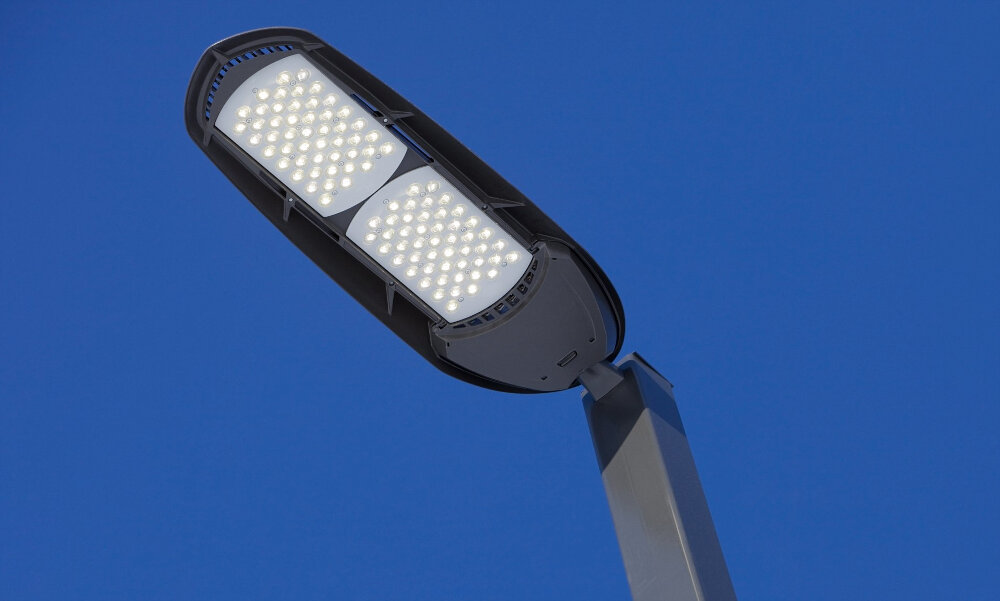
Recycling LED light bulbs is one of the best ways to reduce waste and promote sustainability. However, there are some alternatives to recycling that can also help you minimize your impact on the environment. One option is to use LED bulbs that have a longer lifespan, meaning you won’t need to replace them as frequently. This can significantly reduce the amount of waste produced over time. You can also consider purchasing energy-efficient LED bulbs that use less electricity, reducing your carbon footprint and energy bill at the same time. Another alternative to recycling LED light bulbs is to repurpose them for other uses. For example, you can use them to create unique and creative home decor items such as lamps, chandeliers, or even Christmas ornaments. This not only reduces waste but also adds a personal touch to your home. Additionally, you can donate your used LED bulbs to local schools or community centers where they can be used for educational activities or art projects. By repurposing and donating LED bulbs, you can help promote sustainable practices and reduce waste in your community.
Upcycling and repurposing ideas are a great way to reduce waste and turn unwanted items into something new and useful. When it comes to LED light bulbs, there are many creative ways to repurpose them. For example, you can turn them into miniature vases, terrariums or even bird feeders. You can also use them as planters for small succulents, or create a unique centerpiece by grouping several bulbs together. Another great idea is to use them as decorative elements in crafts like wreaths or garlands. By repurposing LED light bulbs, you not only reduce waste but also add a personal touch to your home décor.
Donating to organizations in need is a powerful way to give back to the community and make a positive impact on the world. When it comes to eco-friendly solutions, there are many organizations in need that would benefit greatly from your support. By donating to a local recycling center or environmental nonprofit, you can help ensure that LED light bulbs and other recyclable materials are properly disposed of and kept out of landfills. This not only helps protect the environment, but also supports the growth of sustainable practices and encourages others to get involved in the movement towards a greener future. So, take action today and donate to an organization in need – every little bit counts!
Recycling LED light bulbs is crucial for environmental sustainability. With the increasing demand for energy-efficient lighting, LED bulbs have become a popular choice among consumers. However, these bulbs contain hazardous materials such as lead, arsenic, and mercury, which can pose a threat to the environment if not disposed of properly. Recycling LED bulbs not only prevents the release of harmful substances into the environment but also conserves valuable resources that can be reused in the manufacturing process. Additionally, recycling LED bulbs reduces the amount of waste sent to landfills, which helps to reduce greenhouse gas emissions and protect our planet. Therefore, it is essential to find eco-friendly solutions and recycle LED bulbs to ensure a cleaner and healthier environment for future generations.
In conclusion, finding eco-friendly solutions for disposal is becoming increasingly important in today’s world. As we continue to consume and dispose of products at an alarming rate, it is crucial that we take steps to reduce our impact on the environment. Recycling and properly disposing of items such as LED light bulbs can make a significant difference in reducing waste and conserving resources. Additionally, exploring alternative disposal methods, such as repurposing or upcycling, can further reduce our environmental footprint. It is up to each of us to take responsibility for our actions and make a conscious effort to find eco-friendly solutions for disposal. By doing so, we can help protect the planet for future generations.
Conclusion
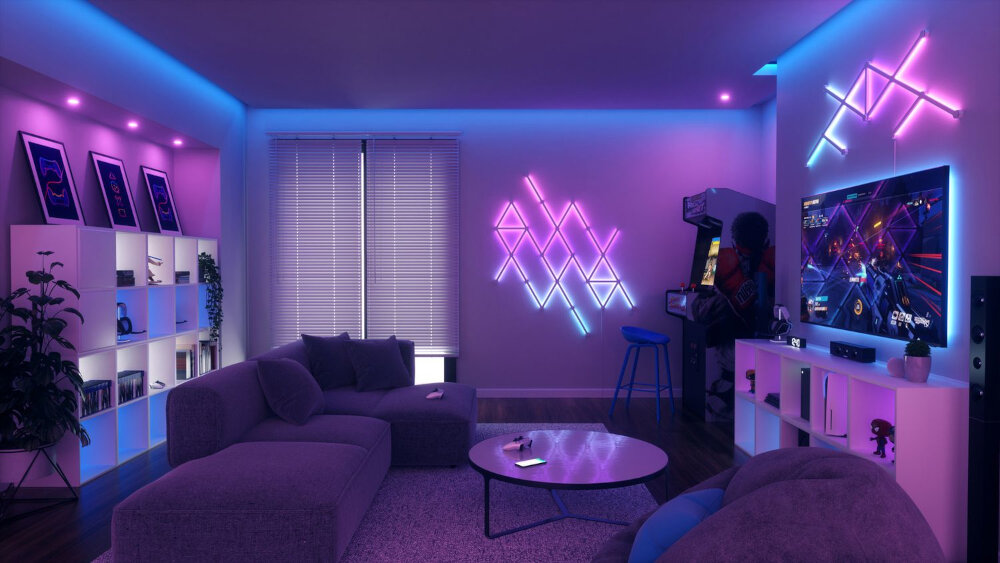
In conclusion, recycling LED light bulbs is a crucial step towards promoting eco-friendliness and reducing environmental pollution. Although the process of finding recycling solutions for LED light bulbs can be challenging, there are several resources available to make this task easier. From local recycling centers to online directories, individuals can find the most convenient recycling options that suit their needs. We must all play a role in preserving our planet, and recycling LED light bulbs is one of the many ways we can contribute to this noble cause. By taking a proactive approach towards finding eco-friendly solutions, we can make a significant impact on the environment and create a better future for generations to come.




